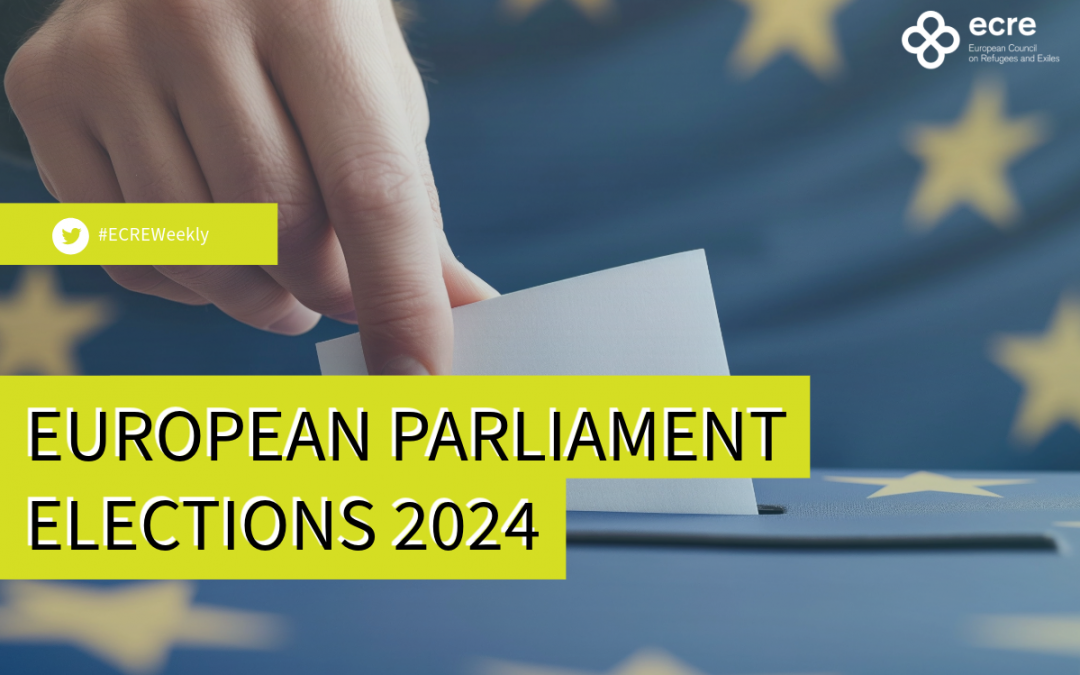The European Parliament (EP) elections are taking place 6-9 June 2024. EU citizens in all 27 EU member states (MS) will elect 720 MEPs to represent them in the next mandate (2024-2029).
The breakdown of MEPs per EU MS in the next EP will be as follows:
- Austria: 20
- Belgium: 22
- Bulgaria: 17
- Croatia: 12
- Czechia: 21
- Cyprus: 6
- Denmark: 15
- Estonia: 7
- Finland: 15
- France: 81
- Germany: 96
- Greece: 21
- Hungary: 21
- Ireland: 14
- Italy: 76
- Latvia: 9
- Lithuania: 11
- Luxembourg: 6
- Malta: 6
- Netherlands: 31
- Poland: 53
- Portugal: 21
- Romania: 33
- Slovakia: 15
- Slovenia: 9
- Spain: 61
- Sweden: 21
The composition of the previous EP (2019-2024) was as follows:
- TOTAL: 705
- Group of the European People’s Party (Christian Democrats): 176
- Group of the Progressive Alliance of Socialists and Democrats in the European Parliament: 139
- Renew Europe Group: 102
- Group of the Greens/European Free Alliance: 71
- European Conservatives and Reformists Group: 69
- Identity and Democracy Group: 49
- The Left Group in the European Parliament – GUE/NGL: 37
- Non-attached: 62
Recent polls indicate that the composition of the next EP will be as follows:
- TOTAL: 720
- Group of the European People’s Party (Christian Democrats): 173 (-3)
- Group of the Progressive Alliance of Socialists and Democrats in the European Parliament: 143 (+4)
- Renew Europe Group: 75 (-27)
- Group of the Greens/European Free Alliance: 41 (-30)
- European Conservatives and Reformists Group: 76 (+7)
- Identity and Democracy Group: 67 (+18)
- The Left Group in the European Parliament – GUE/NGL: 32 (-5)
- Non-attached: 58 (-4)
- New unaffiliated: 55
ECRE has analysed the various political groups’ manifestos and published a summary of their pledges relating to migration and asylum.
Voter turnout in EP elections has been consistently low. From a high of 62% in 1979 (first direct elections), it dropped to an all-time low of 42.6% in 2014 before increasing to 50.7% in 2019. For the past four months, ECRE has been implementing a campaign to encourage people to participate in the 2024 EP elections. The ‘EUisU‘ campaign is specifically aimed at voters with refugee or migrant backgrounds.
ECRE has also published its own priorities for the next EP:
- Fair and functioning asylum systems in Europe that reflect the highest human rights standards
- Inclusion of refugees in European societies through access to rights
- Transparent and accountable EU funding that advances the rights of displaced people inside and outside Europe
- EU external policies that promote the rights of displaced persons and not European migration control objectives.
The timetable for the EP elections is as follows:
- Thursday 6 June: Estonia* and Netherlands
- Friday 7 June: Czechia** and Ireland
- Saturday 8 June: Italy***, Latvia, Malta, and Slovakia
- Sunday 9 June: Austria, Belgium, Bulgaria, Croatia, Cyprus, Denmark, Finland, France, Germany, Greece, Hungary, Lithuania, Luxembourg, Poland, Portugal, Romania, Slovenia, Spain and Sweden
* and 7, 8 and 9 June ** and 8 June *** and 9 June
Initial results are expected to be published on the EP website shortly after 20.15 CEST (GMT+2).
The post-election timetable is as follows:
- 10 June onwards: Formation of political groups
- 16-19 July: First plenary session (Election of EP President and vice-presidents, and assignment of MEPs to committees)
- 22-25 July: First committee meetings (Election of chairs and vice-chairs)

